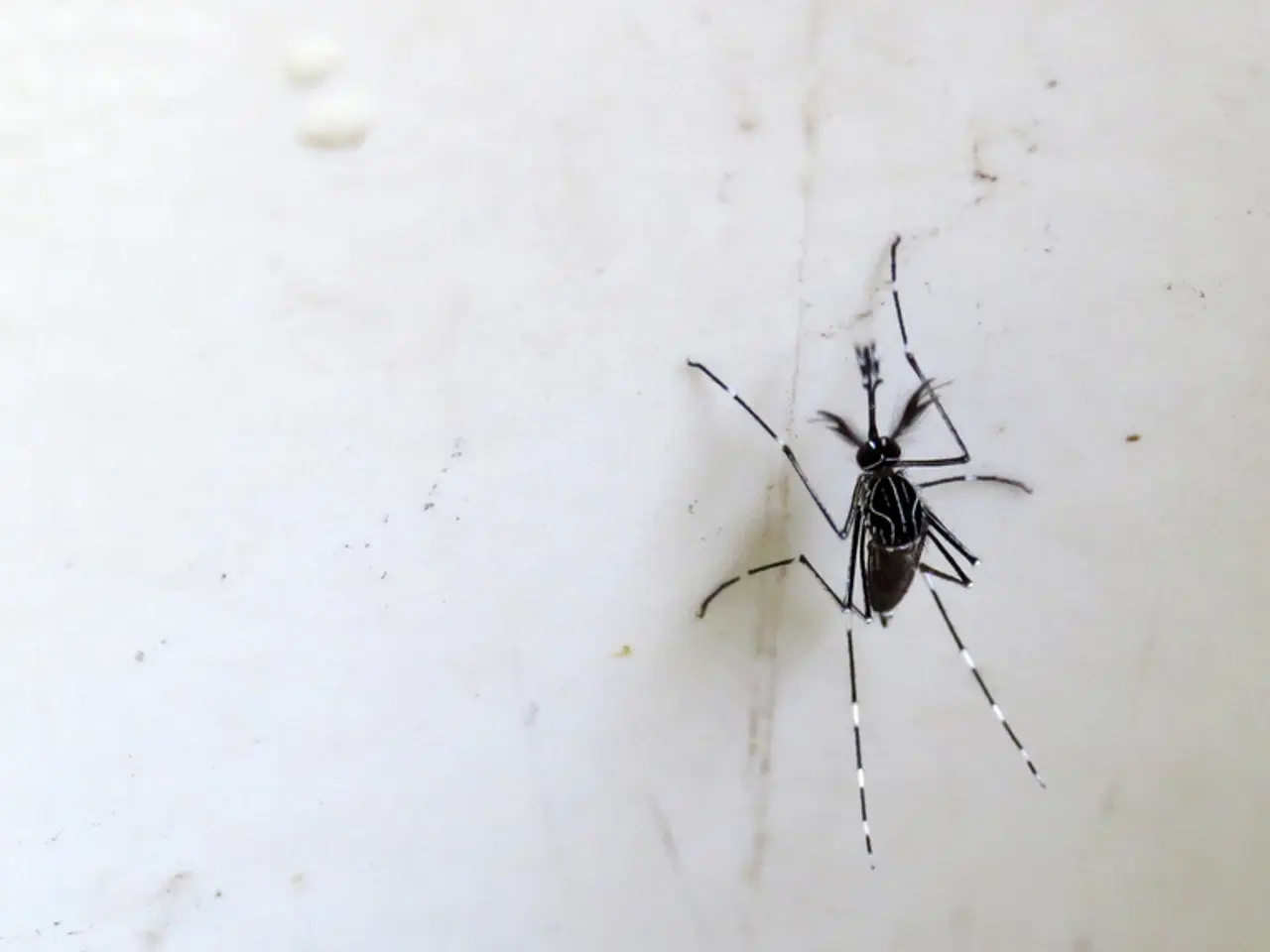Chickenpox risks evaluated by RSPD
In Russia, the mosquito species primarily responsible for the transmission of Chikungunya fever are Aedes mosquitoes, particularly Aedes aegypti and Aedes albopictus, which are known vectors worldwide. However, specific data for Russia emphasize Aedes species as the main carriers of the Chikungunya virus.
Recently, two cases of Chikungunya fever were confirmed in Russia, both imported from Sri Lanka. Both cases involved members of the same family who had recently returned from their vacation. Neither of these cases was mentioned previously.
The family members sought medical help for a high fever and were subsequently diagnosed with Chikungunya fever. It's important to note that Chikungunya fever is not transmitted from person to person, but rather through insect bites.
RIA Novosti reported this information, citing Rospotrebnadzor, the Russian Federal Service for Surveillance on Consumer Rights Protection and Human Wellbeing. Rospotrebnadzor has conducted all necessary anti-epidemic measures to prevent the importation of Chikungunya fever into Russia.
Currently, the number of mosquitoes that carry Chikungunya fever in the Russian Federation does not pose an epidemiological threat. Therefore, there is no risk of Chikungunya fever spreading in Russia.
Rospotrebnadzor has assured the public that all necessary precautions are being taken to ensure the safety of the Russian population. The service continues to monitor the situation closely and will take further action if necessary.
In conclusion, while two cases of Chikungunya fever have been confirmed in Russia, the risk of the disease spreading within the country is absent. The public is reminded to take precautions when traveling to areas where Chikungunya fever is prevalent, such as Sri Lanka, to reduce the risk of infection.
Read also:
- Peptide YY (PYY): Exploring its Role in Appetite Suppression, Intestinal Health, and Cognitive Links
- Toddler Health: Rotavirus Signs, Origins, and Potential Complications
- Digestive issues and heart discomfort: Root causes and associated health conditions
- House Infernos: Deadly Hazards Surpassing the Flames








